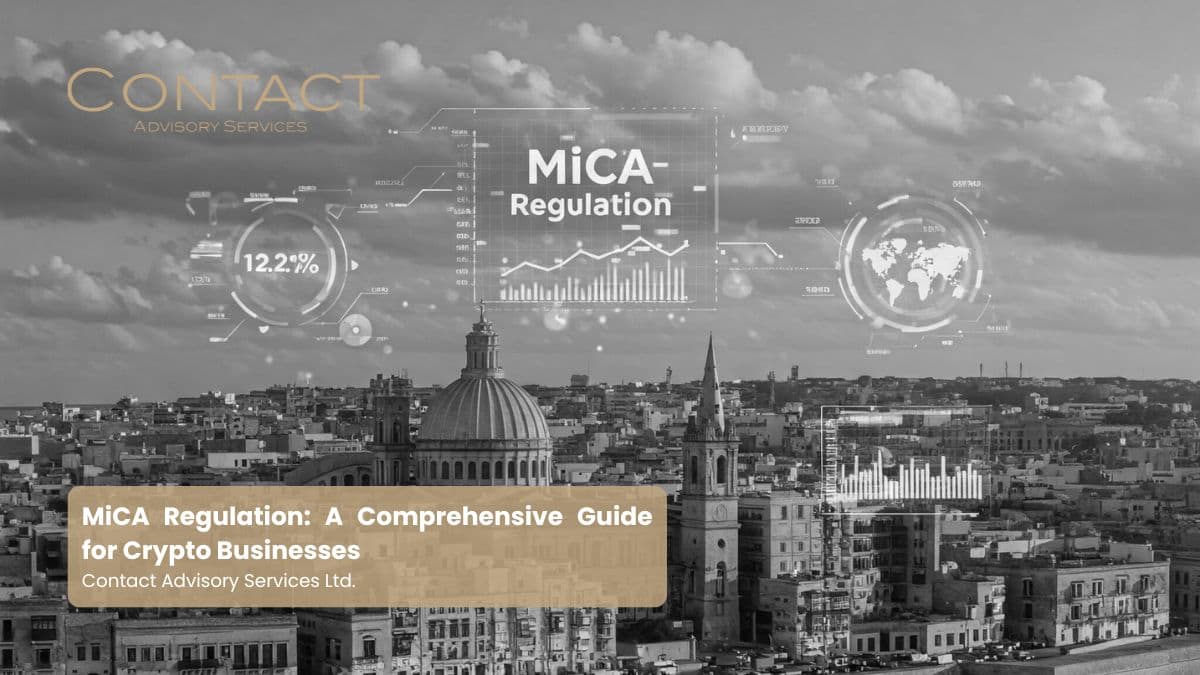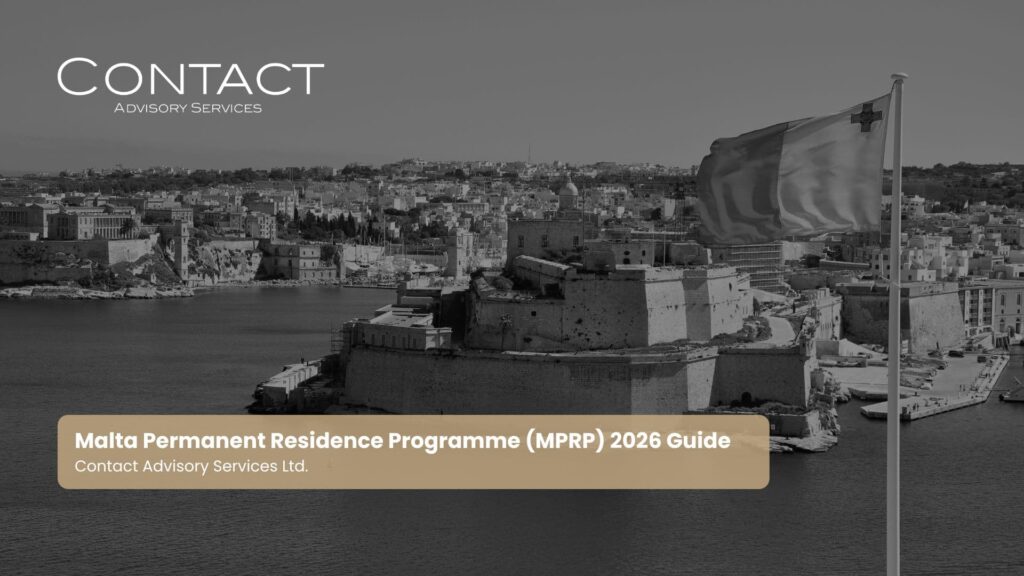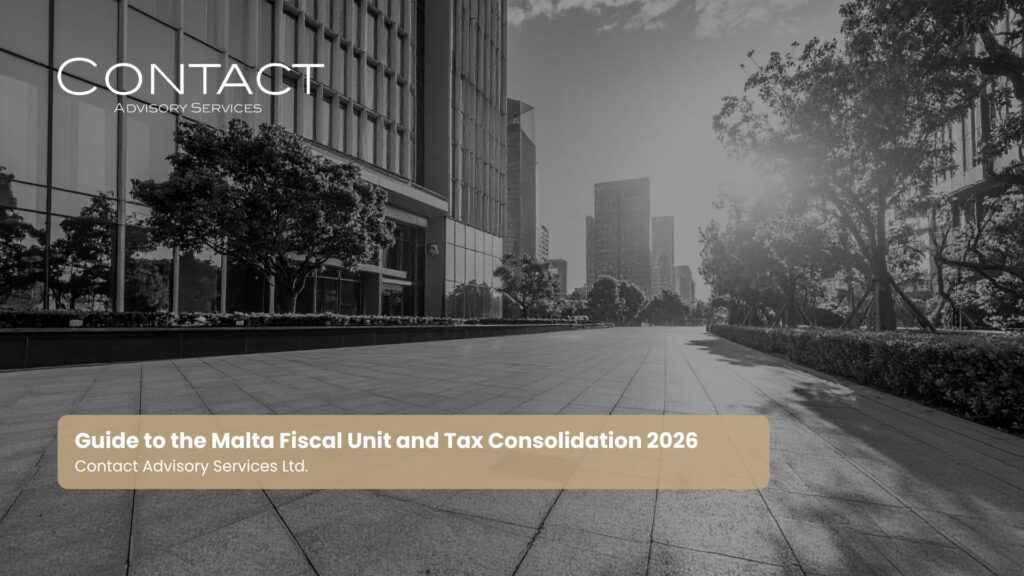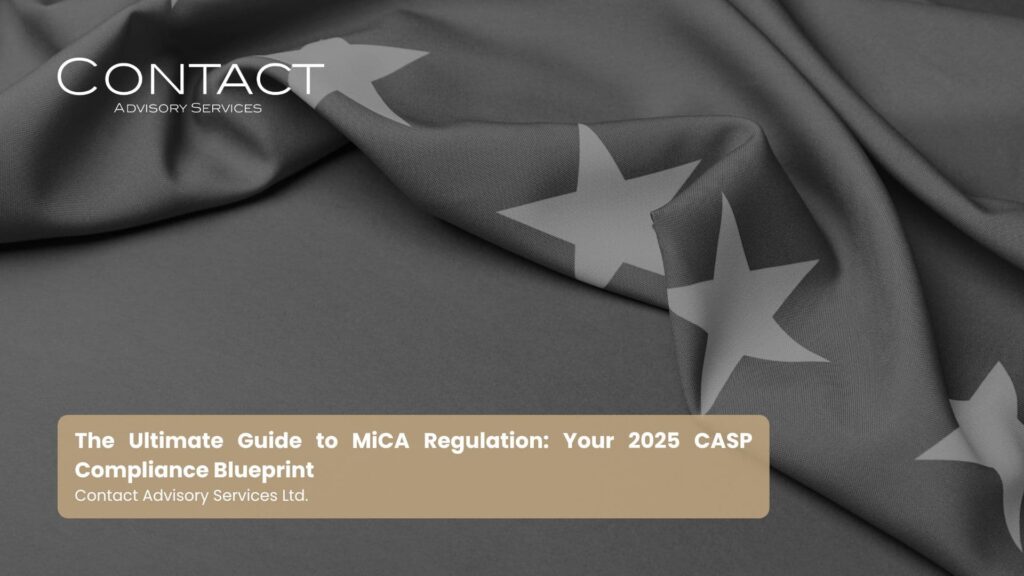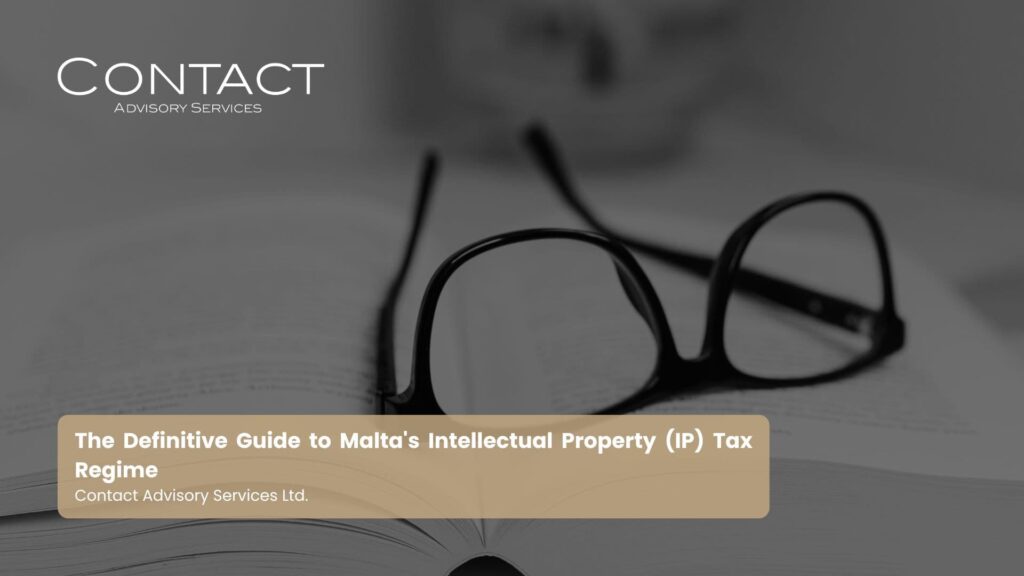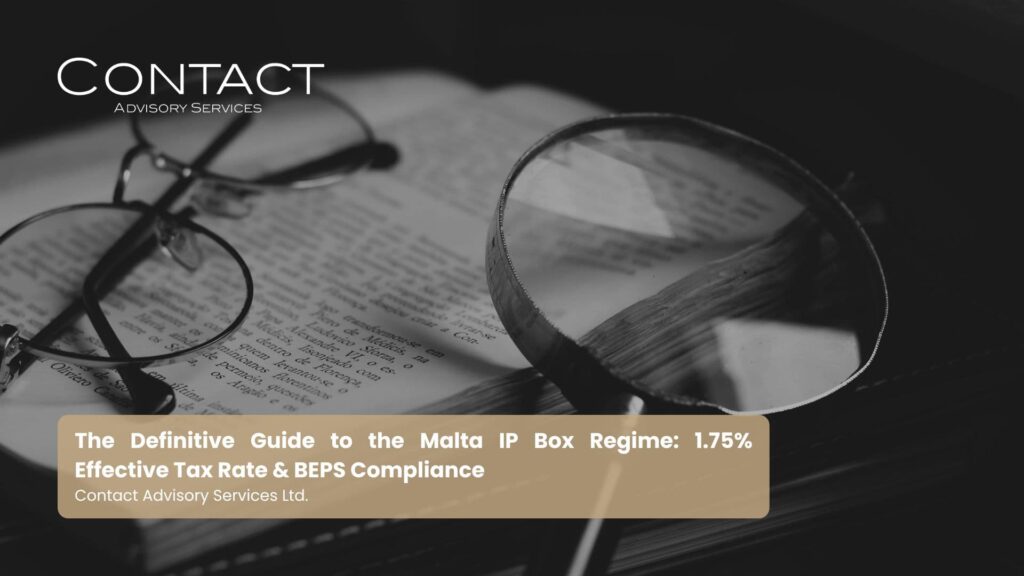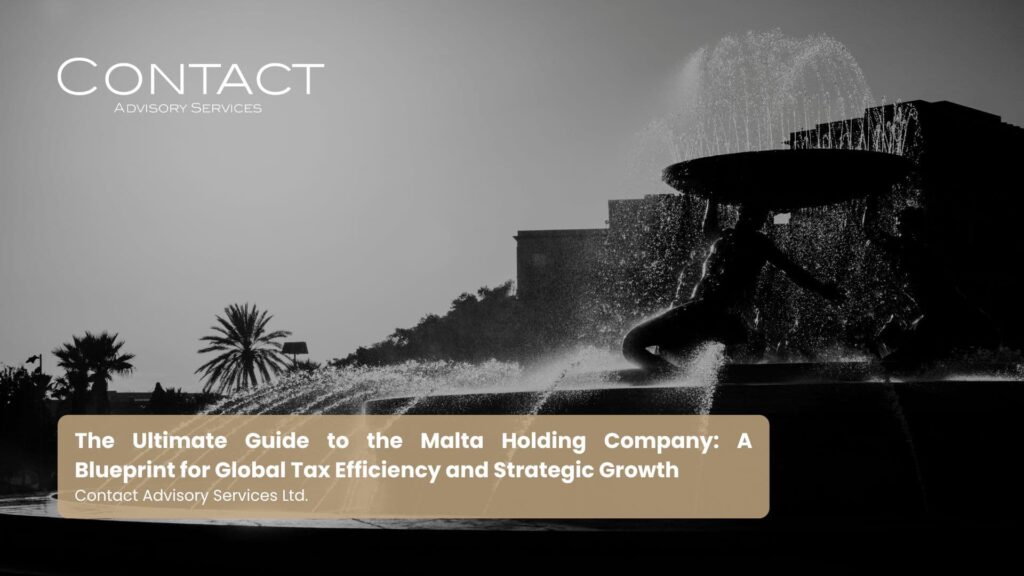Navigating the Crypto Regulatory Maze – Is MiCA Your Compass?
The crypto landscape, once a frontier of unregulated innovation, is rapidly evolving. For crypto businesses, this evolution means navigating a complex maze of regulatory frameworks, with the Markets in Crypto-Assets (MiCA) regulation leading the charge in the EU. Are you prepared to adapt, comply, and thrive in this new era of digital asset regulation? Many crypto businesses, especially those based in jurisdictions like Malta, a pioneering hub for blockchain technology, are grappling with the intricacies of MiCA. This article will serve as your comprehensive guide, unraveling the complexities of MiCA and providing actionable strategies to ensure your business remains compliant and competitive. We, at Contact Advisory Services Ltd., understand the challenges faced by businesses, and we’re here to help you navigate this changing terrain.
What Exactly is MiCA? Understanding the Regulation’s Scope and Purpose
MiCA, the landmark EU regulation, aims to create a harmonized regulatory framework for crypto-assets. It seeks to provide legal clarity, protect consumers, and foster innovation within the crypto sector. It’s not just another set of rules; it’s a paradigm shift that will redefine how crypto businesses operate. MiCA covers a wide range of crypto-assets, including stablecoins and crypto-asset service providers (CASPs), setting out clear requirements for licensing, operation, and consumer protection. Understanding the scope of MiCA is the first step towards achieving compliance.
- Key Definitions: MiCA introduces specific definitions for terms like “crypto-asset,” “CASP,” and “stablecoin.” Familiarizing yourself with these definitions is crucial.
- Harmonization: MiCA aims to standardize regulations across all EU member states, providing a level playing field for crypto businesses.
- Consumer Protection: A core focus of MiCA is safeguarding consumers from risks associated with crypto-assets.
MiCA’s Key Requirements: A Deep Dive into Compliance
MiCA imposes a range of requirements on crypto businesses, from licensing and authorization to operational standards and consumer protection measures.
- Licensing and Authorization: CASPs will need to obtain authorization from national competent authorities (NCAs) to operate within the EU. In Malta, the Malta Financial Services Authority (MFSA) will play a crucial role in this process.
- Operational and Governance Standards: MiCA sets out stringent requirements for risk management, internal controls, and cybersecurity.
- Consumer Protection Measures: Crypto businesses must provide clear and transparent information to consumers, handle complaints effectively, and safeguard client assets.
- AML/KYC Obligations: MiCA reinforces anti-money laundering (AML) and know-your-customer (KYC) requirements, ensuring that crypto businesses comply with existing regulations.
- Stablecoin Regulations: Stablecoins, particularly asset-referenced tokens (ARTs) and e-money tokens (EMTs), are subject to specific rules regarding reserve requirements, capital adequacy, and operational standards.
Impact on Different Crypto Business Models: Tailoring Compliance Strategies
The impact of MiCA will vary depending on the type of crypto business.
- Crypto Exchanges: Exchanges will need to adhere to strict licensing requirements, operational standards, and market integrity rules.
- Wallet Providers: Wallet providers must ensure the security of client assets and comply with AML/KYC obligations.
- Stablecoin Issuers: Issuers will face stringent requirements regarding reserve assets and capital adequacy.
- DeFi Platforms: The application of MiCA to decentralized finance (DeFi) platforms is still evolving, but it’s crucial to stay informed about potential future regulations.
How to Achieve MiCA Compliance: Actionable Steps for Your Business
Achieving MiCA compliance requires a proactive and strategic approach.
- Conduct a Gap Analysis: Assess your current compliance levels and identify areas for improvement.
- Develop a Compliance Plan: Create a detailed plan outlining the steps you will take to meet MiCA’s requirements.
- Implement Robust AML/KYC Procedures: Ensure your AML/KYC procedures are up to standard.
- Establish Strong Operational and Governance Frameworks: Implement robust risk management and internal control systems.
- Seek Legal Counsel: Consult with legal experts specializing in crypto regulation to ensure you understand and comply with MiCA.
- Malta Specifics: Businesses operating in Malta should engage with the MFSA early to understand the specific local interpretations and requirements of the MiCA regulation.
The Future of Crypto Regulation Post-MiCA: Global Implications and Beyond
MiCA is not just an EU regulation; it has global implications. It sets a precedent for other jurisdictions and may influence the development of crypto regulations worldwide.
- Global Influence: MiCA’s impact is likely to extend beyond the EU, shaping the future of crypto regulation globally.
- Further Regulation: The crypto regulatory landscape is constantly evolving, and further regulations are likely to emerge.
- Innovation and Growth: While MiCA introduces regulatory challenges, it also creates opportunities for innovation and growth within the regulated crypto sector.
Malta’s Role in the MiCA Era: A Hub for Compliant Crypto Businesses
Malta, known for its progressive approach to blockchain technology, is well-positioned to adapt to MiCA. The island’s established regulatory framework and expertise in the crypto sector make it an attractive destination for businesses seeking to comply with MiCA. Contact Advisory Services Ltd. being based in Malta, has a unique advantage in understanding the local and EU regulations.
- MFSA’s Role: The MFSA will play a crucial role in implementing and enforcing MiCA in Malta.
- Existing Framework: Malta’s existing Virtual Financial Assets (VFA) framework provides a foundation for compliance with MiCA.
- Strategic Location: Malta’s strategic location and business-friendly environment make it an ideal hub for crypto businesses.
Embracing Compliance, Driving Innovation – Your MiCA Journey Starts Now
MiCA represents a significant milestone in the evolution of crypto regulation. For crypto businesses, it’s a call to action – a chance to embrace compliance, drive innovation, and build a sustainable future. At Contact Advisory Services Ltd., we’re committed to helping you navigate this journey. By understanding MiCA’s requirements, implementing robust compliance strategies, and staying informed about regulatory developments, you can position your business for success in the evolving crypto landscape.
Get in touch with us at info@contact.com.mt

